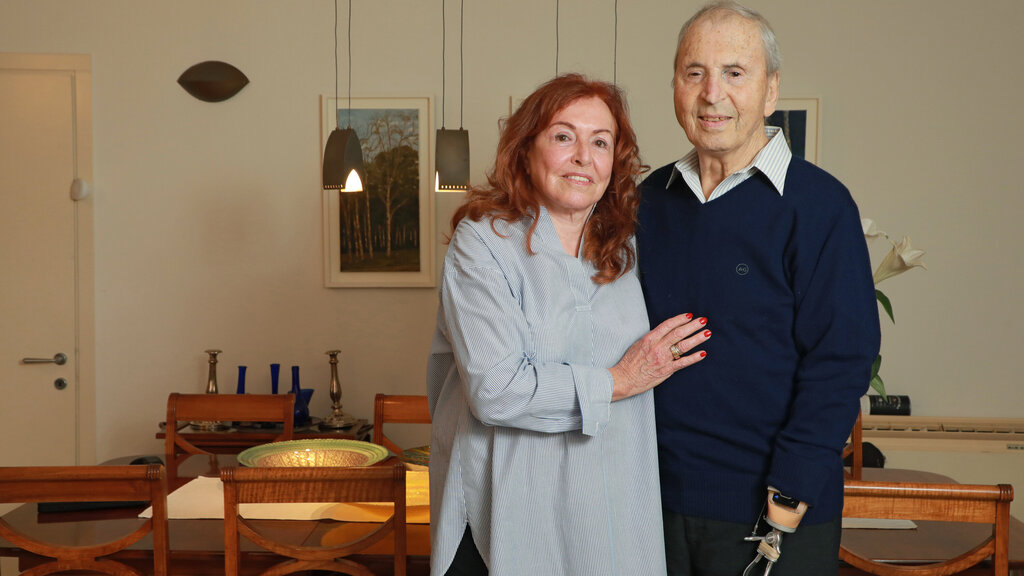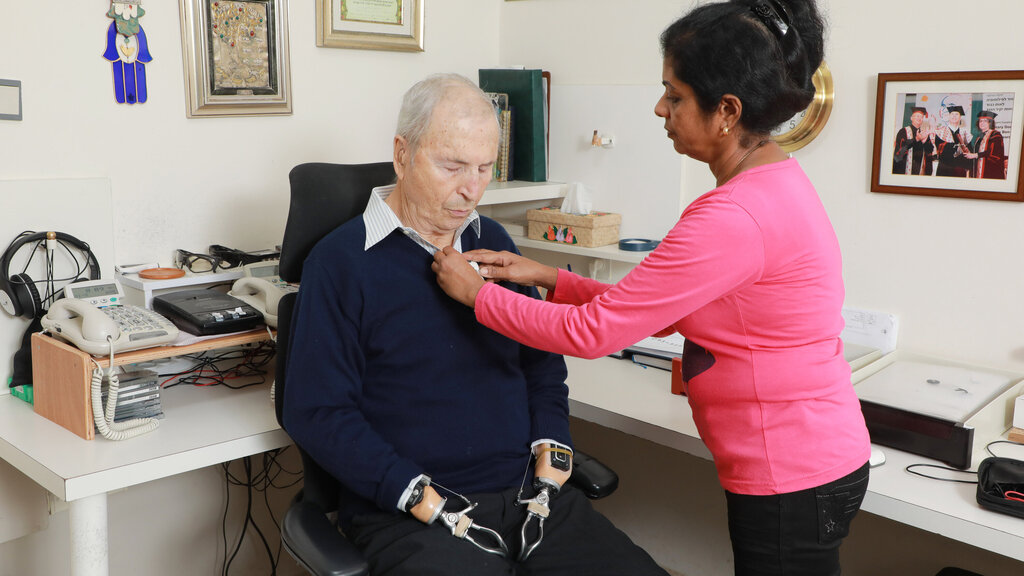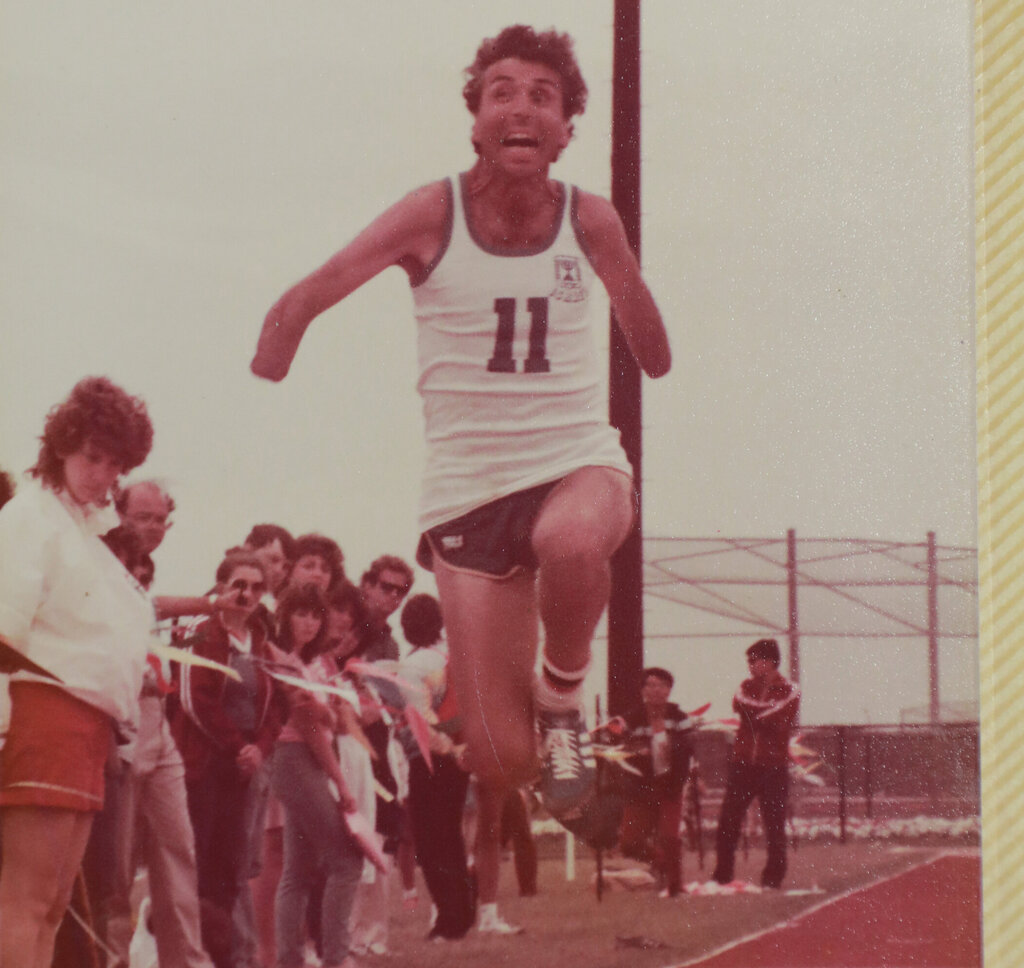Getting your Trinity Audio player ready...
Yekutiel Gershoni, an IDF veteran, historian and Paralympic medalist, passed away Wednesday of undisclosed causes at the age of 78. He is survived by a wife, three sons and nine grandchildren.
Gershoni lost his hands, eyesight and hearing in 1969, at the age of 26 while attempting to dismantle a remote operated mine in the Jordan Valley during his time as a Captain in the Engineering Corps. The mine exploded, severely wounding him.
The explosion that changed Gershoni’s life took place on Balfour Day, commemorating British Secretary Arthur James Balfour’s letter to Baron Lionel Walter Rothschild in 1917, expressing the British government's support for a Jewish homeland in Palestine.
“Terrorist organizations were all well acquainted with Israeli history and chose to act on the most important days,” said Gershoni in a Ynet interview conducted six months ago.
“On the way to the base I received a message that terrorists had placed explosives on the road [near the Jordanian border],” Gershoni said.
“I drove straight there. I defused two bombs, the third bomb exploded in my hands. I was very lucky. The brigade doctor was there and he came to me immediately. Thanks to him I survived,” he added.
“When I woke up, I didn’t know what my condition was. The first thing I understood was that my eyesight was gone. Two weeks later a friend came and told me I lost both my arms.”
A year later, Gershoni enrolled to the Department of Middle Eastern and African History at Tel Aviv University, where he was made an associate professor in 1995, eventually becoming the head of the same department he first signed up to.
In 2010, two years after his retirement, he was awarded an honorary doctorate by Ben-Gurion University.
Beyond academia, Gershoni also partook, and even excelled, in the world of sports. “[As part of my recuperation] I decided to try everything I can do with my feet,” said Gershoni, who participated in four Paralympic Games.
In 1980, at the Arnhem Games in the Netherlands, he won silver medals in the 100, 400 and 1,500-meter runs, and a bronze in the long jump. Four years later, at the games held in New York and Stoke Mandeville, he won a bronze medal in the 5,000-meter run.
Gershoni’s family said his death was "very surprising and unexpected".
"We did not see it coming. He gave us three days to say goodbye because he was such a strong man,” said the family, who added that Gershoni has recently finished writing a new book.
"It's truly a loss. He was the kind of person you don't meet every day. There are few people who succeed in one sphere, and he has succeeded and excelled in several.”




